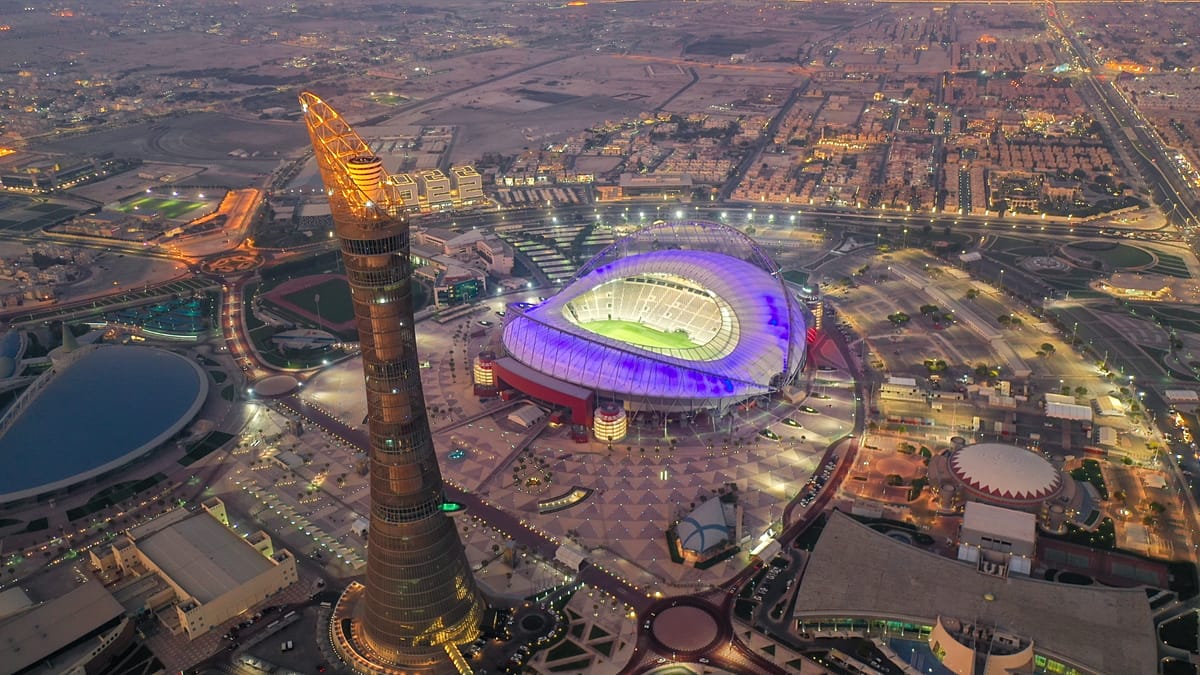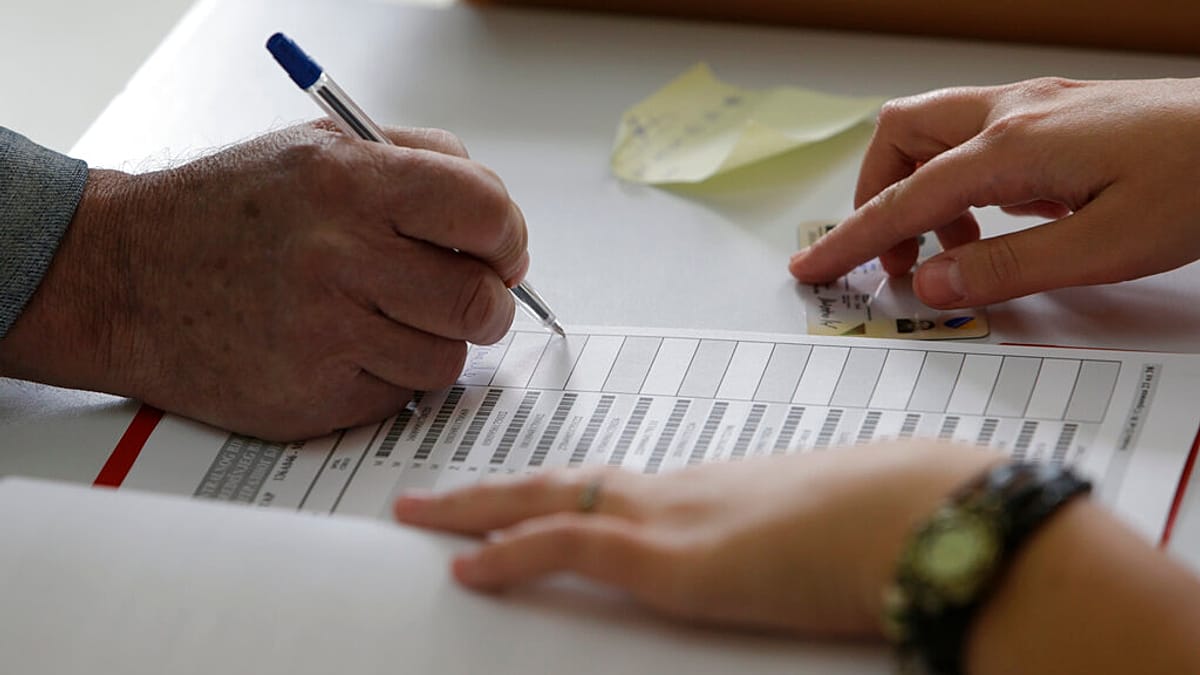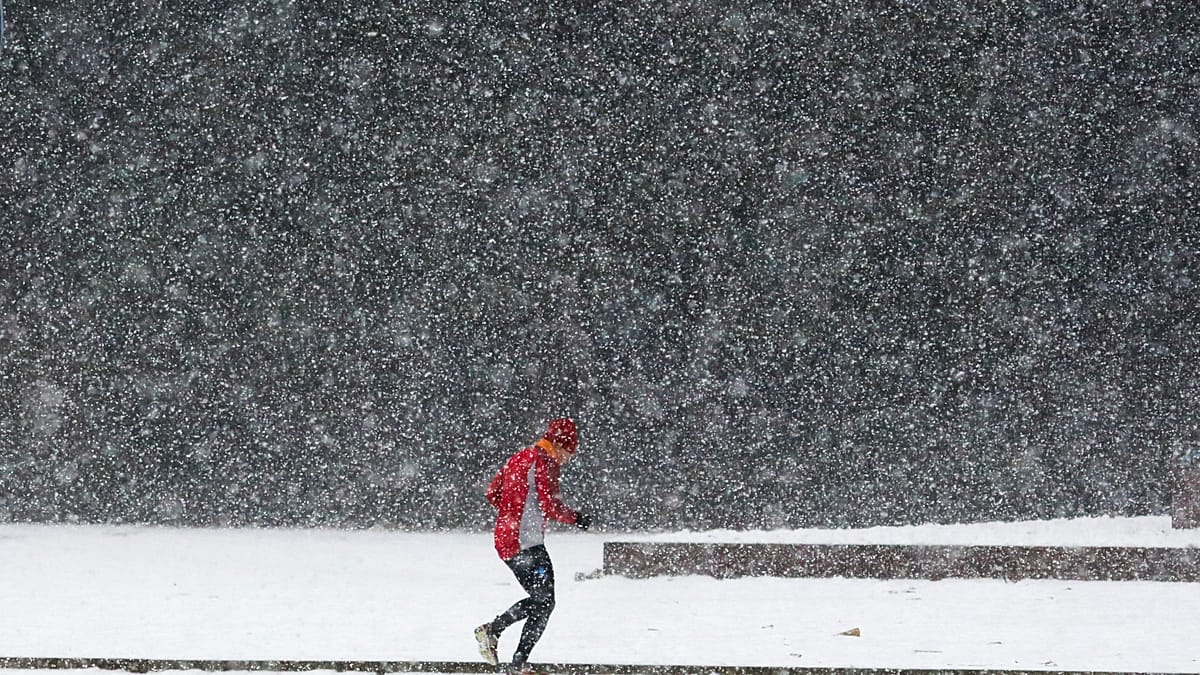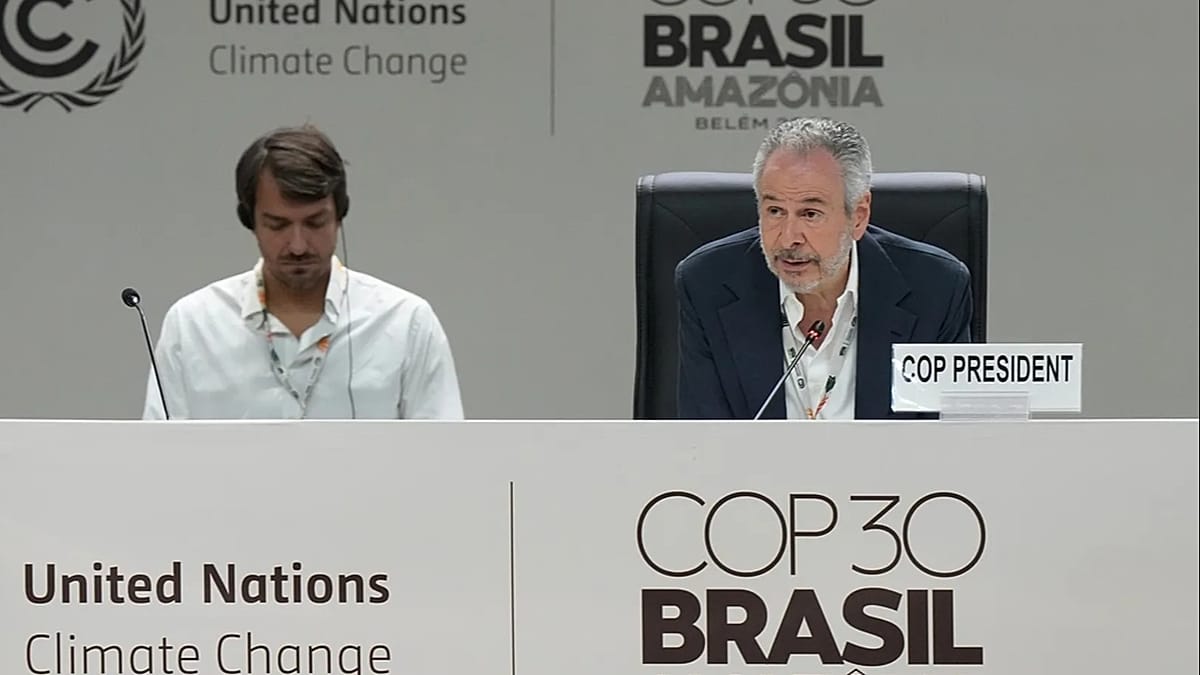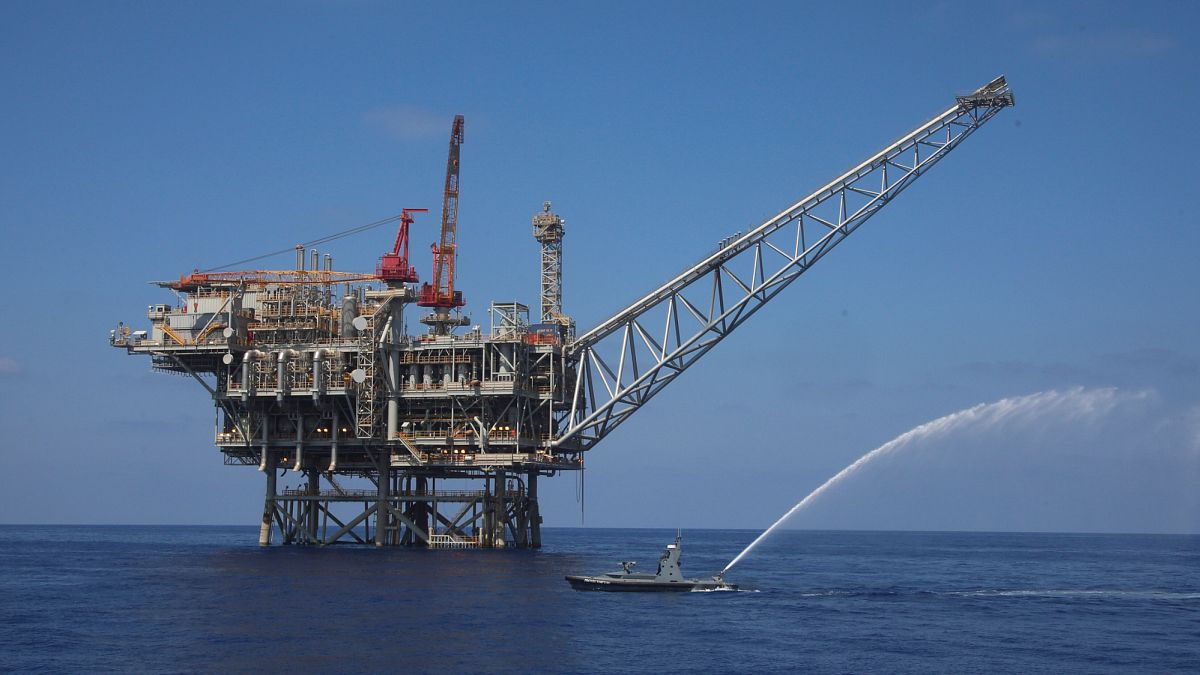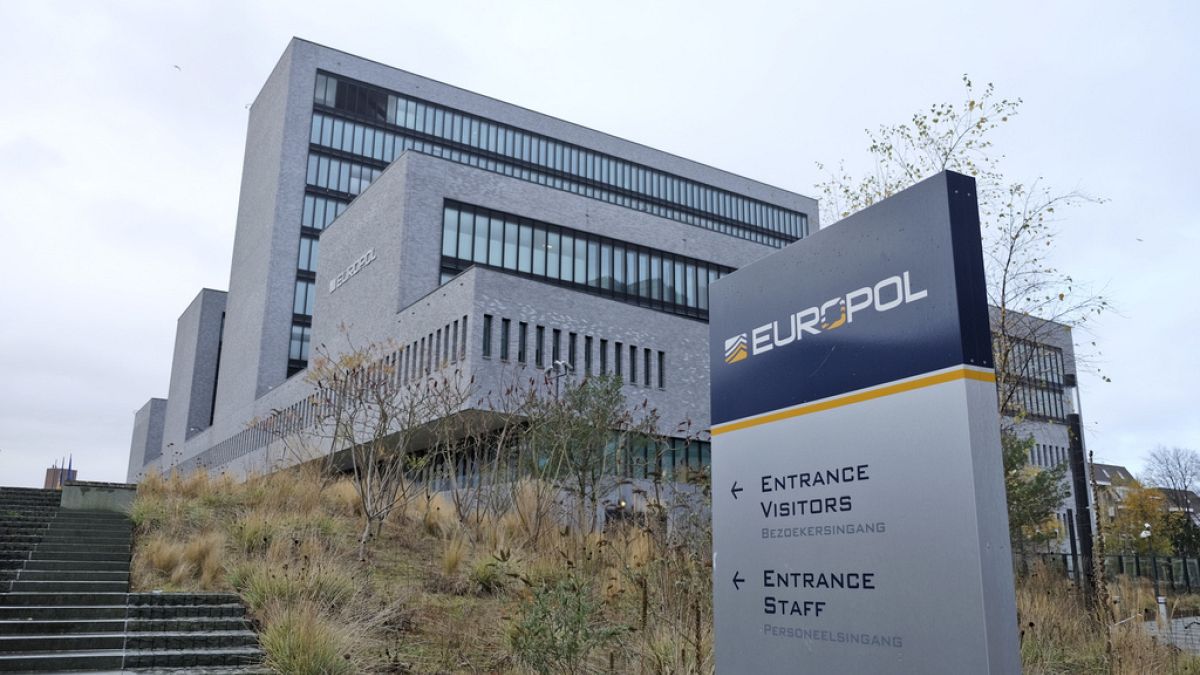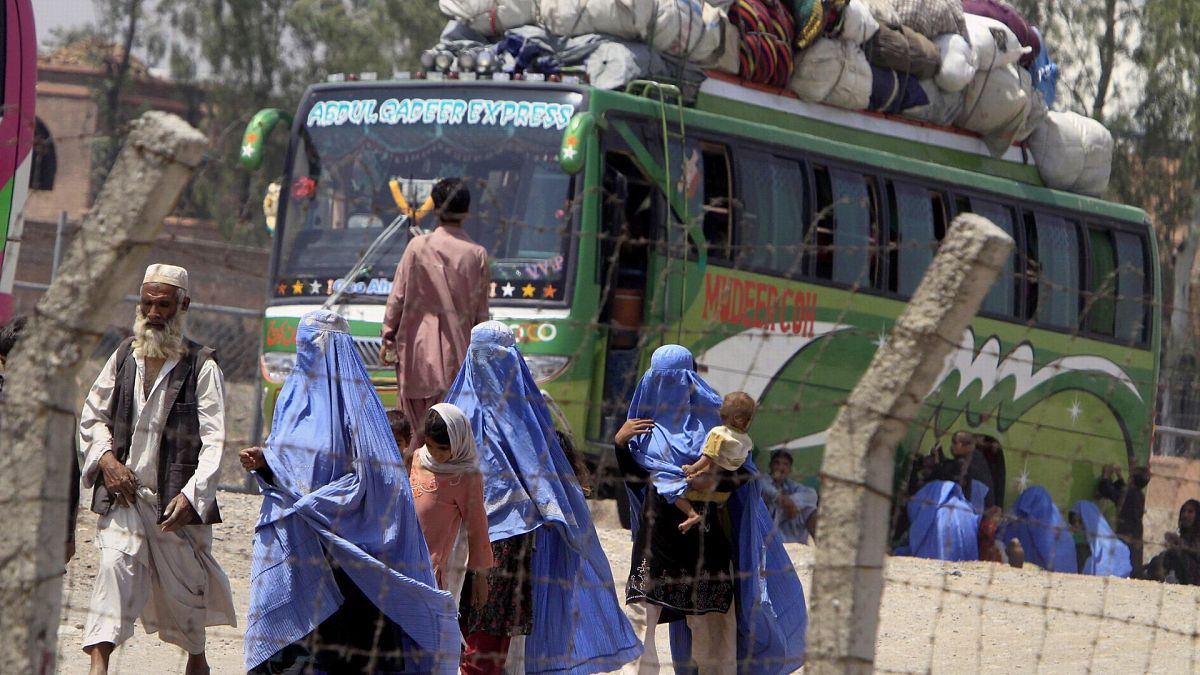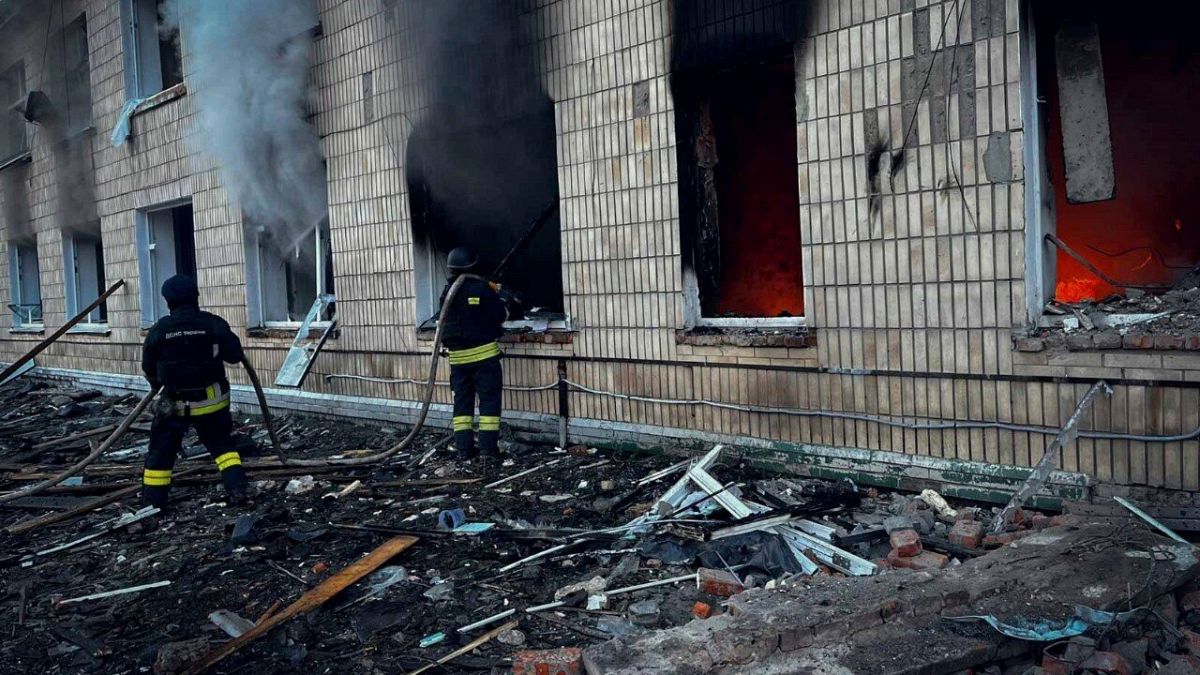Slovakia and Hungary opposed the EU plan to ban the import of Russian gas in Luxembourg

Luxembourg – Slovakia and Hungary opposed the plan to ban the import of gas from Russia to the EU by the end of 2027 at the meeting of the EU Council for Telecommunications and Energy in Luxembourg on Monday. This was announced on Monday by the Deputy Polish Minister for Climate and Environment Krzysztof Bolesta, stating that Slovakia and Hungary blocked the issuance of a joint statement. According to him, the plan was supported by the remaining 25 EU member states, TASR reports according to the PAP agency.
The European Commission presented a plan in early May, according to which EU member countries should completely detach from Russian energy, including gas, oil, and nuclear fuel, by the end of 2027. Hungary, which sources most of its energy supplies from Russia, opposed this initiative and warned that it would seek legal means to prevent its implementation.
Slovak Prime Minister Robert Fico informed on Sunday that Slovakia would request a postponement of the vote on the next package of anti-Russian sanctions at the meeting of EU foreign ministers until the issue of a complete ban on the import of Russian gas after 2027 and possible compensation for damages that Slovakia would incur in such a case is resolved.
“Unfortunately, the Council of the European Union did not approve the conclusions because two delegations disagreed with their adoption in the form we proposed,” Bolesta said on Monday in Luxembourg, referring to Slovakia and Hungary according to the PAP agency.
He described the document proposal as very ambitious and stated that it clearly indicated how to increase the energy security of the EU. He added that its adoption by 25 EU countries shows that the decision to gradually end the import of Russian gas and oil has the support of a “solid majority” in the EU.
According to sources from the Reuters agency, Brussels is expected to present a proposal on Tuesday, based on which the ban on the import of Russian gas could pass even without the consent of Bratislava and Budapest through an enhanced qualified majority of countries and a majority of Members of the European Parliament.
Denmark, which will take over the presidency of the EU Council from Poland at the beginning of July, will continue negotiations with the aim of “finding out whether it is possible to gain broader support for the proposal,” according to its Minister of Energy Lars Aagaard. He added that the gradual end of the import of Russian gas to the EU will be a priority during the Danish presidency of the council. (June 16)



















